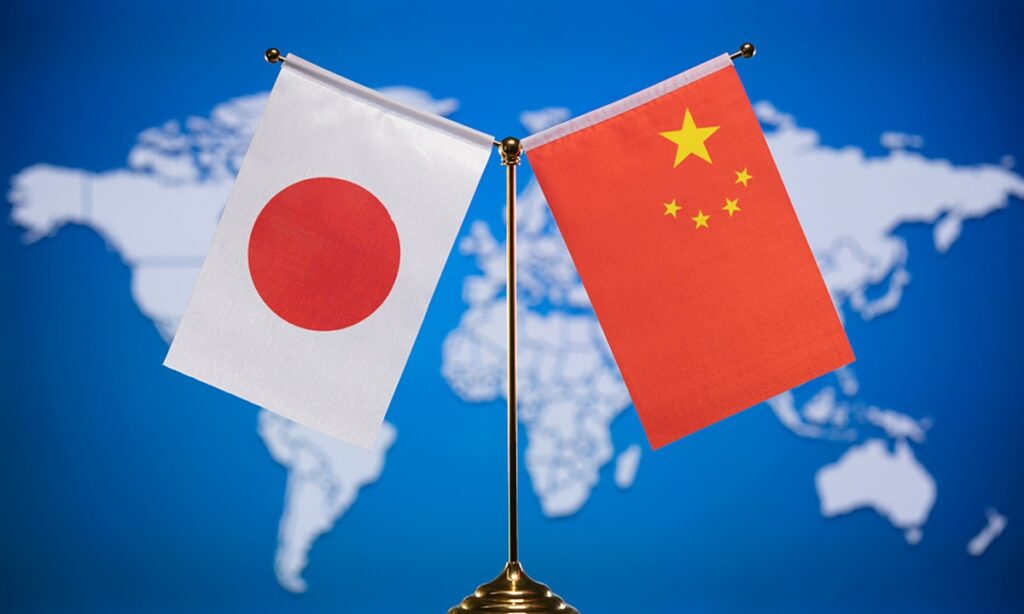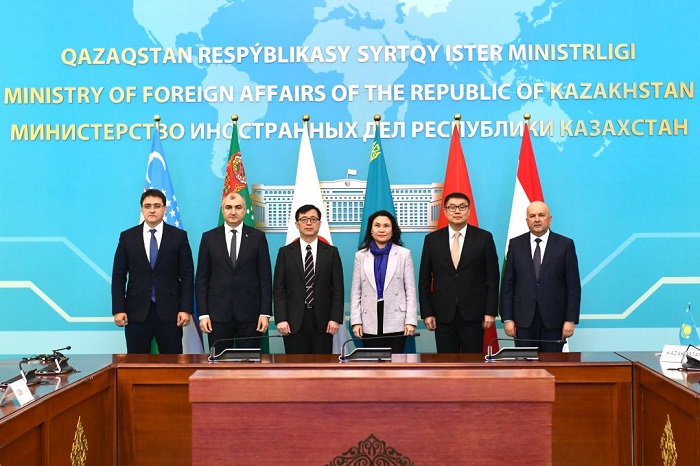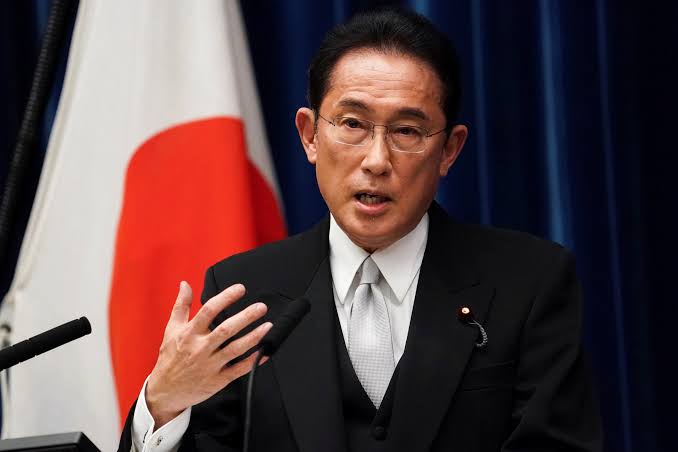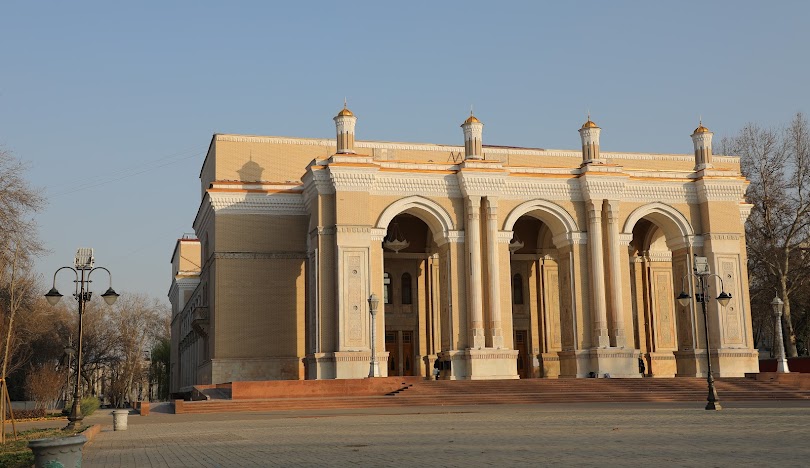
Japan is increasing its presence in Central Asia as a counterweight to China’s growing regional influence.
This action, seeking to maintain the balance of power and curb China’s dominance, not only assures the independence of Central Asian nations but also sweetens Japan’s role in shaping the geopolitics of Eurasia.
The first Central Asia-Japan Summit is set to take place in August 2024 in Astana, Kazakhstan, as told by Kabar, a Kyrgyz daily, on February 23, 2024.
This inaugural summit coincides with the 20th anniversary of the Central Asia-Japan Dialogue platform, which desires to deepen ties between Japan and five Central Asian countries: Kazakhstan, Kyrgyzstan, Tajikistan, Uzbekistan, and Turkmenistan.
Japan is strategically preparing for this summit to strengthen ties with a region rich in resources and to mark two decades of diplomatic engagement through the Japan-Central Asia Dialogue, established in 2004.
RELATED: CCP leaders scramble to rescue China’s economy as growth plummets to alarming lows
The Forum
This tactful move accentuates Japan’s proactive stance in steering the complicated power dynamics of the Eurasian region amidst a shifting geopolitical landscape.
According to the Kazakh Foreign Ministry’s press service, senior officials from the Central Asia + Japan Dialogue gathered for their 16th meeting on May 14 to discuss preparations for the upcoming summit in Astana.
The high-level meeting planned for August represents a significant milestone in the relations between Central Asian nations and Japan.
Talks emphasised the importance of 2024, celebrating the 20th anniversary of the Central Asia-Japan Dialogue, an initiative launched by Japan to encourage regional cooperation.
Parties reviewed the summit’s agenda, outcomes, and the current status and prospects for enhanced regional cooperation in trade, economy, transport, and humanitarian aid.
Deputy Minister of Foreign Affairs of Kazakhstan, Nazira Nurbayeva, highlighted the recent elevation of cooperation between Central Asian countries and Japan, noting new areas for partnership in environmental sustainability, connectivity enhancement, and human resources development.
Launched in 2004 at Japan’s initiative, the Central Asia + Japan Dialogue has seen 15 meetings of deputy foreign ministers from 2005 to 2022.
Kazakhstan is set to chair the Dialogue in 2024.

Tokyo’s New Outlook
According to Nikkei Asia, Tokyo’s revised Development Cooperation Charter will combine offer-based aid with the traditional request-based process. This marks the first revision of the Official Development Assistance (ODA) Charter since 2015.
The Japanese government, led by Prime Minister Fumio Kishida, aims to leverage its muscles in digital technology and clean energy to establish Japan as a responsive donor to the needs of other nations.
Prime Minister Kishida underlined the importance of “quality infrastructure investment” during his visit to India in March.
Japan aims to attract countries in the Global South through foreign aid, and its new aid strategy now includes these countries while still acknowledging the significance of the Central Asian region.
Japan has allocated $4.09 billion for ODA in the current fiscal year, which has gradually increased since 2015. However, it remains half of the 1.16 trillion-yen peak in fiscal 1997, as reported by Nikkei Asia.
Parallels with China
Despite a drop in investments following the COVID-19 pandemic, China continues to provide significant funding to Central Asia, estimated at $60 billion to $70 billion annually, according to the American Enterprise Institute (AEI).
China has been criticised for using loans that developing countries struggle to repay, enticing them into a debt trap and gaining control over infrastructure usage rights.
In contrast, Japan’s new Development Cooperation Charter explicitly states that it will collaborate with recipient nations “without economic coercion and without undermining the independence and sustainability of a developing nation.”
Japan’s investment initiative prioritises quality over quantity, focusing on areas like digital professional training and decarbonisation projects for countries reliant on fossil fuels.
New Path for Central Asia
Japan’s new development strategy in Central Asia aligns with its ripening military strategy over the past decade.
Tokyo has shifted from a post-World War II pacifist approach to a more outward-looking stance in response to China’s rising influence.
China’s military activities in the region, perceived as increasingly aggressive, include live weapon exercises off the coast of Taiwan, close encounters with ships in the South China Sea, and confrontations with boats from the Philippines in disputed waters.
China also claims sovereignty over the Senkaku Islands, which Japan considers its territory.
Prime Minister Kishida has pledged to enhance Japan’s military strength to deter China.
In a PBS News Hour interview with Geoff Bennett, Kishida expressed concerns over China’s expanding military presence, including its nuclear and missile capabilities and cooperation with Russia.
Kishida called for greater transparency and adherence to international conduct from China.

Central Asia’s Insights of Japan
Post-Soviet Union, Japan was no significant player in Central Asian regional politics.
However, in recent years, Japan has shown growing interest in the Central Asian Republics (CARs).
Some observers suggest that Japan seeks CARs’ energy resources for its industries. However, a deeper analysis reveals Japan’s broader geopolitical ambitions in the region, including counterbalancing the influence of Moscow and China.
As a close ally of the US, Japan’s role in Central Asia aligns with Washington’s interests.
Japan’s Silk Road Diplomacy outlines a philosophy for developing impactful projects in Central Asia, promoting regional economic growth.
In Uzbekistan, the legacy of Japanese prisoners of war (PoWs) sent by Russia to Tashkent during World War II continues to resonate.

These PoWs built the Alisher Navoiy Theater, which withstood the catastrophic earthquake of 1966 that destroyed many buildings in Tashkent. The Uzbeks provided for the PoWs, fostering a lasting positive impression of Japan.





